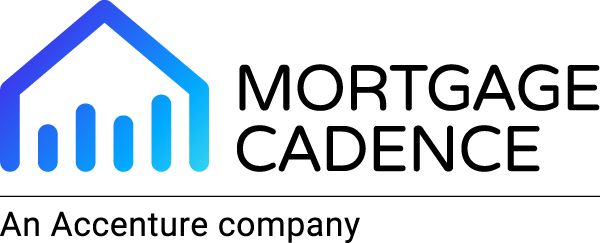In the first quarter of 2022, nearly half of all US homes with a mortgage were considered equity rich, according to data from ATTOM. This is the continuation of a trend reported on last December, that found tappable home equity held by American homeowners hit a record high in the third quarter of 2021, surging $254 billion during the quarter to $9.4 trillion.
The result of skyrocketing home values over the past 18 months, the average mortgage holder’s equity in their homes rose $53,000 during that period, bringing the average homeowner’s equity to $178,000.
Never before have Americans had so much equity in their homes and home values are continuing the rise across the country. Experts at Zillow predict that we’ll see continued price appreciation in 2022, estimating that home values will increase another 11% by year’s end. This month (May 2022), the company’s experts predicted that the housing market boom has at least another year to run.
In the past, with home mortgage interest rates falling regularly, homeowners simply refinanced their homes, getting access to some of their equity and still walking away from the closing tables with a better deal on their mortgage. But those days are over. In May, the Mortgage Bankers Association predicted that interest rates would average nearly 5% by year’s end.
That means the only way homeowners will be able to tap their equity without taking out a higher interest rate loan will be to get a home equity loan or line of credit. That’s exactly what we expect to happen.
Credit unions will be fierce competitors
When lenders turn to HELOCs as a way of increasing their overall loan volume, many will find that they are facing a fierce competitor in the form of the credit union.
Credit unions don’t have the same loss reserve/capital requirements as federally chartered banks and they have a different customer service approach when it comes to their members. I expect to see more of these institutions getting more aggressive in this space for the benefit of their members, who will find less benefit in refinancing a home loan to take cash out.
That said, many institutions are likely to approach the home equity market with some care, underwriting to fairly conservative guidelines. While there are plenty of experts telling the market that we’re not living in a real estate bubble, no good risk manager will want to have a lot of money tied up in second liens if property values begin to fall.
Only the market can tell whether home equity will be a good long term bet for lenders. In the short term, however, I expect to see many institutions, particularly credit unions, do fairly well here.
By Joe Camerieri, EVP, Client Account Management at Mortgage Cadence
Want more?
Follow us on LinkedIn to be notified when our next article is released.
Media Contacts
Mortgage Cadence:
Megan Martin
EVP, Marketing
(516) 480-6765



